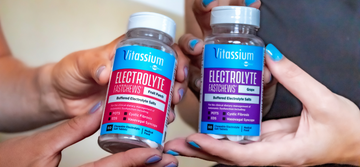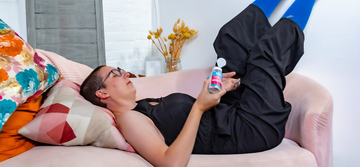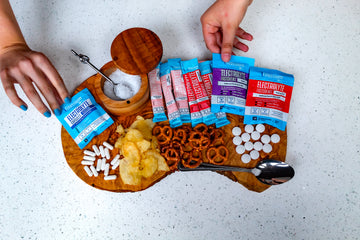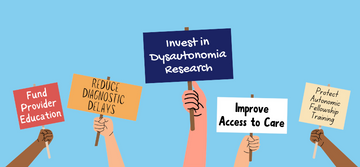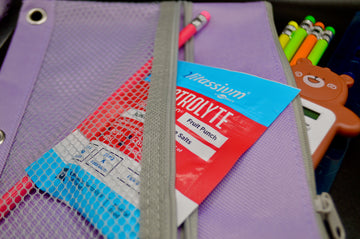
With a new school year beginning, a mix of excitement and nervousness can fill the air. Earning a college degree can be tough for anyone, but for college students with chronic illness, the challenges can seem overwhelming.
By nature, dysautonomia can be unpredictable and, unfortunately, can have a negative impact on education. During a talk at the 11th Annual Dysautonomia International Conference, Dr. Satish Raj, dysautonomia researcher and heart rhythm cardiologist, shared that 38% of POTS patients have had to delay or postpone enrollment or completion of university.
One way to help manage dysautonomia in college is to determine if your college or university has an office for students with disabilities. These offices work with students who have disabilities and/or chronic illness, to find accommodations that can give them more equal access to education.
Some classroom accommodations that colleges may offer students with dysautonomia can include:
- Priority or preferred seating
- Textbooks: PDF textbooks with screen reader software, access to subscriptions for audio textbooks
- Access to PowerPoint presentations
- Recordings of lectures
- Having a note taker
- Access to seating during labs
- Additional breaks/use of restroom
- Eat/drink in class as necessary
- Testing: extended time on tests, use of a testing center, testing in small sections/time periods
- Arriving late to class/leaving early to allow for extra time
- Health-related class absences or attendance flexibility
- Extensions on assignments
- Using adaptive technology (screen readers, smart pens, braille printer)
In practice, these accommodations can help people with dysautonomia both prevent and manage symptoms. Vitassium Ambassador (aka “Salt Shaker”), Mikayla shared her experience with college accommodations: "Some of the accommodations I have (and use very regularly) are always having access to water, food, and medications, as well as my watch. They help to manage my dysautonomia because I am able to track my heart rate, and constantly be able to regulate my body, because some of my other health issues make my dysautonomia worse,” she said.
Mikayla continues, “Some advice I would give someone else is: ask, fight for yourself, you know yourself best”.
If you’re starting a new semester, be sure to talk to your school’s student services or office for disabilities to determine what accommodations they offer, and which can be right for you.




